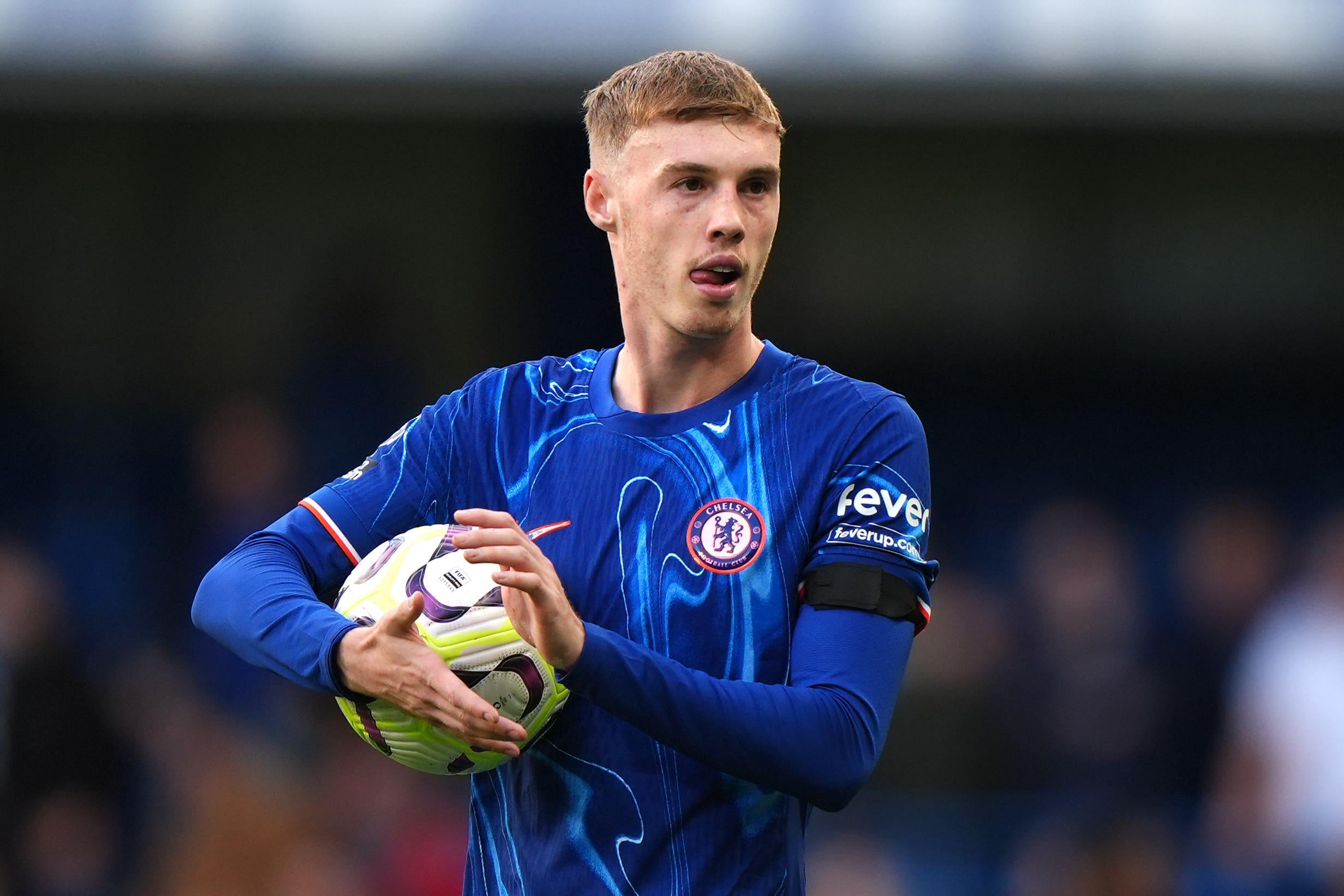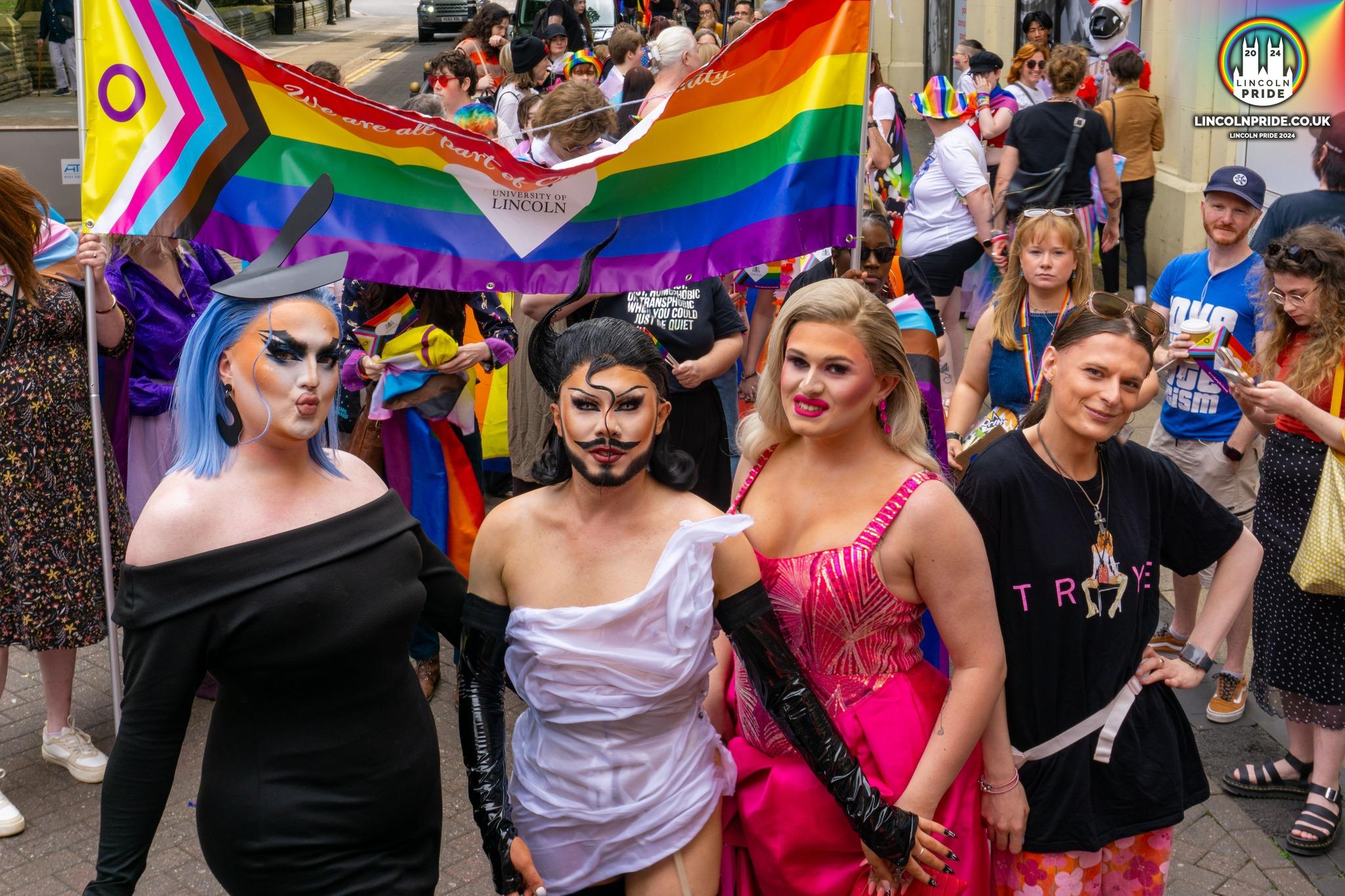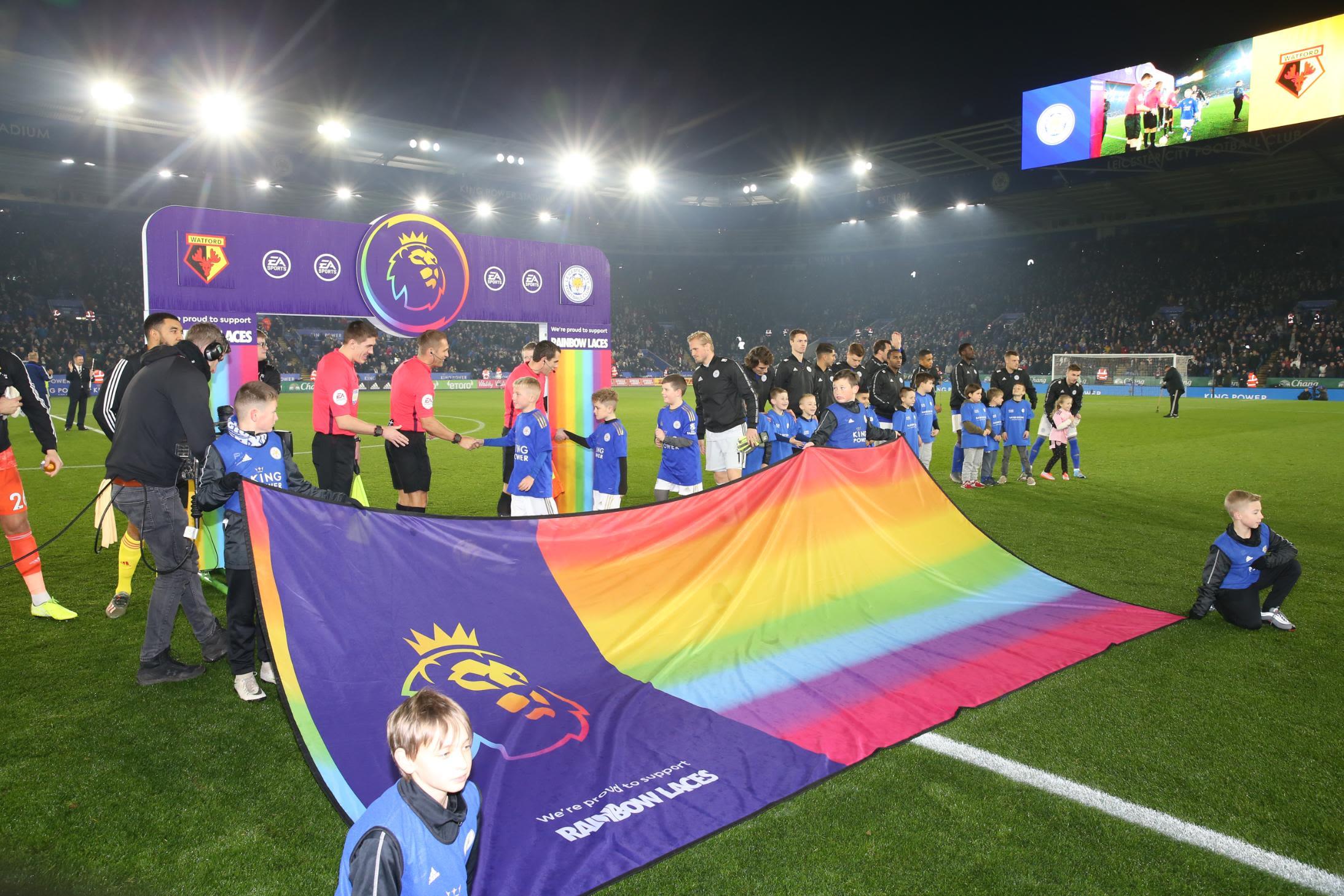Chelsea Football Club has been thrown into turmoil as midfielder Cole Palmer, a rising star from The Blues’ academy, announced that he will not participate in the club’s upcoming Pride Night. The decision has sent ripples through Stamford Bridge, dividing fans, alarming sponsors, and sparking heated discussions across social media and mainstream media outlets.

Cole Palmer’s Statement
Palmer made his position clear in a candid statement: “Football is for playing on the pitch, not for political agendas.” These words have ignited widespread debate, with supporters and critics weighing in on whether players should engage in cultural and social initiatives organized by their clubs. While some praise Palmer for staying true to his personal convictions, others argue that his refusal undermines efforts to promote inclusivity and diversity in football.
Fan Reactions and Media Coverage
The Chelsea fanbase has reacted with a mix of shock, support, and disappointment. On social media platforms, hashtags related to the controversy are trending, with thousands of fans expressing their opinions. Some applaud Palmer for prioritizing his focus on football, while others criticize him for ignoring the symbolic significance of Pride Night. Media outlets have widely covered the story, framing it as a major cultural controversy that extends far beyond the football pitch.

Impact on Chelsea Football Club
The club now finds itself at the center of intense scrutiny. Chelsea has historically promoted inclusivity and social awareness, and Pride Night is one of its flagship initiatives. Palmer’s refusal has forced the club to address internal discussions about player participation in events that have a political or social dimension. Sponsors, in particular, are closely monitoring the situation, given the potential implications for brand image and public perception.
The Broader Cultural Debate
This incident highlights a growing debate in professional sports about the role athletes should play in social and political issues. While some argue that footballers have a platform and a responsibility to promote social causes, others insist that their primary focus should remain on athletic performance. Palmer’s stance reflects this tension and underscores the challenges clubs face when balancing player autonomy with organizational values.

Conclusion
Cole Palmer’s decision not to attend Chelsea’s Pride Night has turned Stamford Bridge into the epicenter of a cultural controversy in the Premier League. The situation serves as a reminder of the complex relationship between sports, politics, and society, and it is likely to provoke ongoing discussion among fans, media, and sponsors alike. As Chelsea navigates this sensitive issue, all eyes will remain on the club and its players, watching closely how the team manages public perception and internal dynamics.
For continuous updates on the situation and Chelsea FC’s official statements, fans are advised to follow the club’s website and verified social media channels.

0 Comments